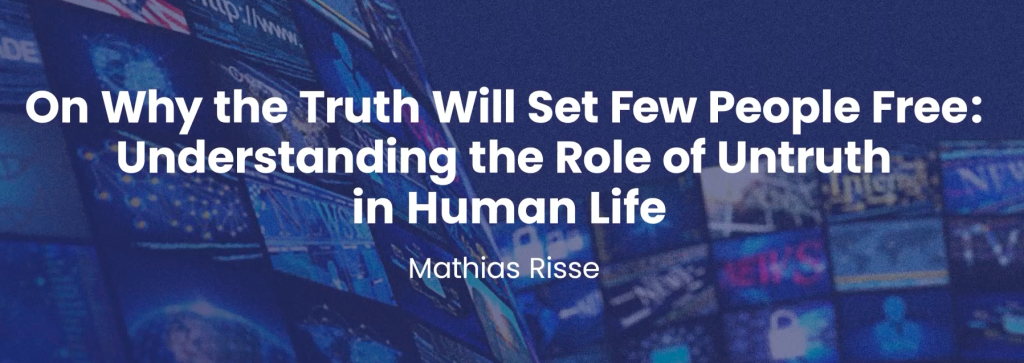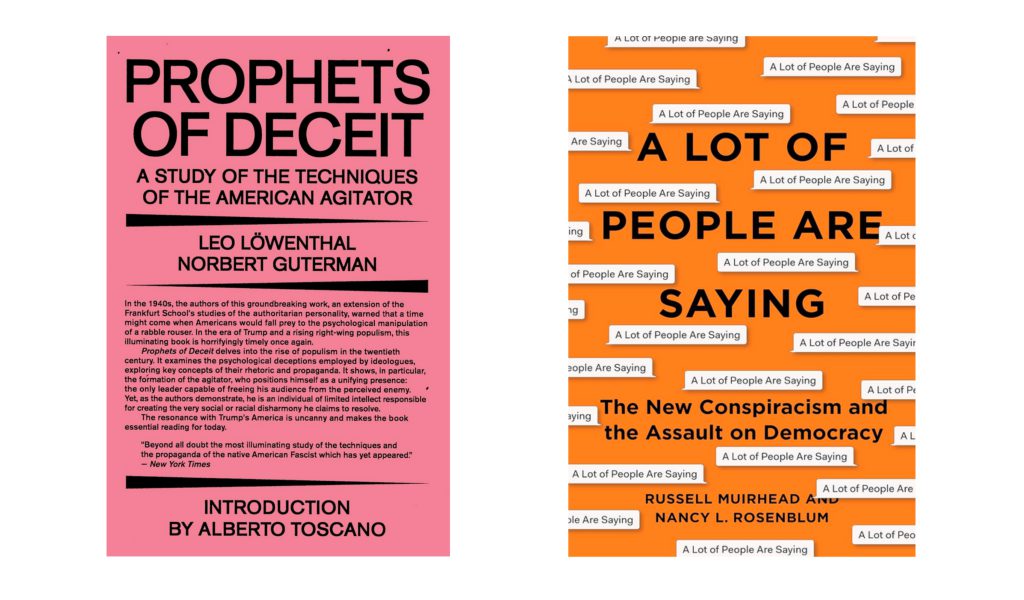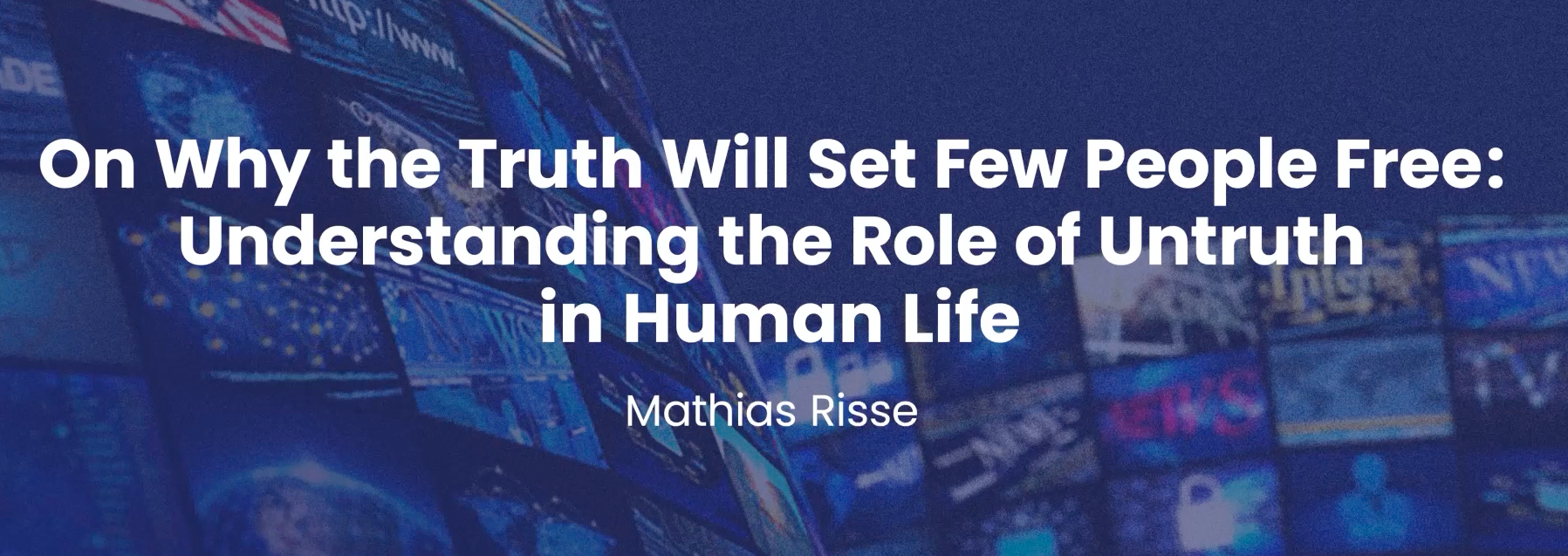
In my previous post I took a deep look at the research group Forensic Architecture, and their high-tech endeavour to pursue the answers at what really happened when Halit Yozgat was killed in Kassel, Germany, and when hundreds of migrants drowned off the Greek coast. The first case involved meddling of various German state organizations, the second case seriously implicated the Greek Coast Guard.
In basic terms the role of Forensic Architecture in these cases (and plenty of others) is the pursuit of truth. And more specifically, separating the truth from media and online manipulation, as well as from political half-truths. This prompted me to consider something that underlines not only any further deliberation on using technology and media communication for social change, but also makes one take a long, hard look at the future of the humankind. Namely what is the truth, can there be one truth, and how truth is being viewed by variety of people?
In my search for answers, I stumbled upon a series of interdisciplinary workshops organized by Harvard University: A Right to Truth? Information, Communication and Democracy in the 21st Century. The workshops delved into the topics of misinformation, disinformation, fake news, loss of trust in political and scientific elites, the future of democratic governance. And binding it all together was the question of place of truth in the digital age. Although the workshops happened over a year ago (May 2022), its topics and discussions have not aged at all.
I will focus on the opening workshop, which in my opinion addresses the very fundamental point from which one can explore further: On Why the Truth Will Set Few People Free: Understanding the Role of Untruth in Human Life by Mathias Risse (Berthold Beitz Professor in Human Rights, Global Affairs, and Philosophy at Harvard Kennedy School). Risse approached the subject of truths from a very philosophical perspective. His talk simultaneously argued for and against two colliding standpoints: one being that the truth in general is unacceptable; and second being the urgent need for general truth. Various points were made: Nietzschean concept of conflict between the will to truth and the will to value, Christianity as the ‘big’ harmonizing narrative (simultaneously explaining the world and providing universally accepted meaning of life), importance of half-truths in human life, the prevalence of truths and half-truths being woven into a larger story (religions, origins of a nation). Risse stressed the long existing human desire for likeminded company that echoes one’s truths, which often means outsourcing one’s reality to a social network.
Before turning to current times of the world-wide-web as the source of information and likeminded company, Risse made points about rewards for truth telling (establishment of truth conveying experts: ascetic priests in the past, and experts or academics of our times), human psychology (Daniel Kahneman’s concept of experiencing self and remembering self), repetitions (Kierkegaard’s Repetition, Löwenthal and Guterman’s Prophets of Deceit), and conspiracy theories (Rosenblum and Muirhead’s A Lot of People are Saying). In essence Risse’s point was that the psychological remembering self means repeating patterns, and the repetition can influence these patterns, and in turn them into one’s life.

Finally arriving at the current point of prevalence of new technologies and the internet, and their ability to provide repetition and misinformation at scale and speed not seen before, Risse asks crucial question: what can we do about it?
His proposal is rethinking of the role of truth in public life, or rather the role of TRUTHS in public life. This means standing by various comprehensive moral doctrines (personal truths) but finding a common standpoint (general truth). A reference to Rawlsian standpoint on public reason was made here, which is a way of thinking about pluralist democracy in which political and societal decisions are made in a way that is reasonable and acceptable from each individual’s point of view. In the end Risse posed the important question: how to get there? The answer was his proposal for sustaining the value of truth in public life via educational and legal measures, while respecting personal right to truth, and respecting the role of half-truths in people’s lives. He closed his talk with remark that one needs to see ‘reality as a task, which everyone has to take on’. And the role of the philosopher in implementing it, is constant repetition of the above proposal.
Before I wrap this post up, I highly recommend watching/listening to the other talks that were part of the workshop. All were immensely engaging and very relevant for those interested in ComDev, or anyone who is trying to make sense of the future of media and communication. My recommendation is The Future of Platform Power: Quarantinig Misinformation, in which Rob Faris and Joan Donovan explored misinformation around 2016 US elections and the Big Lie 2020, as well as mechanisms behind online search engines, confirmation and verification, and partisan efforts to surface certain narratives above others. The highlight is a brief mention of idea to involve librarians in curating large public online projects.


